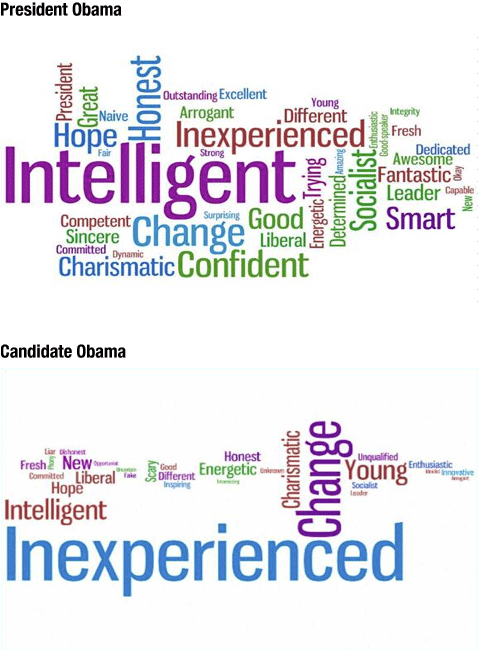But buried deeper in the poll is an intriguing number: Nine out of ten voters today say it makes a real difference to them who is elected president. This represents a huge swing (of more than 30 points) compared to polling data from previous election cycles:
A. Does it make a real difference to you who is elected president, or not?
| DATE | Yes | No | No opinion |
|---|---|---|---|
| 2007 Dec 14-16 | 90 | 10 | 0 |
| 2000 Mar 10-12 | 60 | 35 | 5 |
| 2000 Jan 7-10 | 54 | 37 | 9 |
| 1996 May 9-12 | 57 | 40 | 3 |
| 1992 Oct 23-25 | 76 | 22 | 2 |
| 1992 Sep 11-15 | 66 | 30 | 4 |
| 1992 Apr 20-22 | 53 | 43 | 4 |
| 1992 Feb 28-Mar 1 | 53 | 42 | 5 |
| 1992 Jan 6-9 | 60 | 30 | 10 |
Only in the closing weeks of the 1992 general election campaign did more than 2/3 of voters share the sentiment. Perhaps this number is a confirmation of the view 2008 may be truly be a "change election."
I can offer up three possible explanations for this change:
1) It is an indictment of the Bush administration's failed policies which have adversely affected the daily lives of American families. Even the most casual voter understands the stakes in the 2008 presidential election.
2) It is a reflection of the increased partisanship that has become a fixture in American politics over the past fifteen years. As we've gone to our separate corners and divided ourselves further apart on the ideological spectrum, the stark differences in governing philosophies have increased the importance of who resides at 1600 Pennsylvania Avenue.
3) The Global War on Terror is more than a bumper sticker slogan. Perhaps 9/11 did change everything. Since the USA Today poll doesn't include data for the 2004 cycle, perhaps this shift happened during the last cycle. If this is the case, I'm afraid we may end up with a President Rudy.
Any other explanations?




